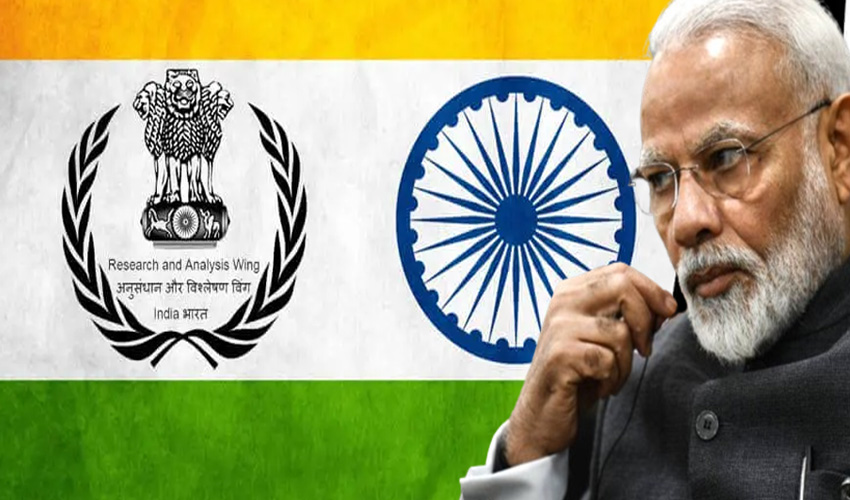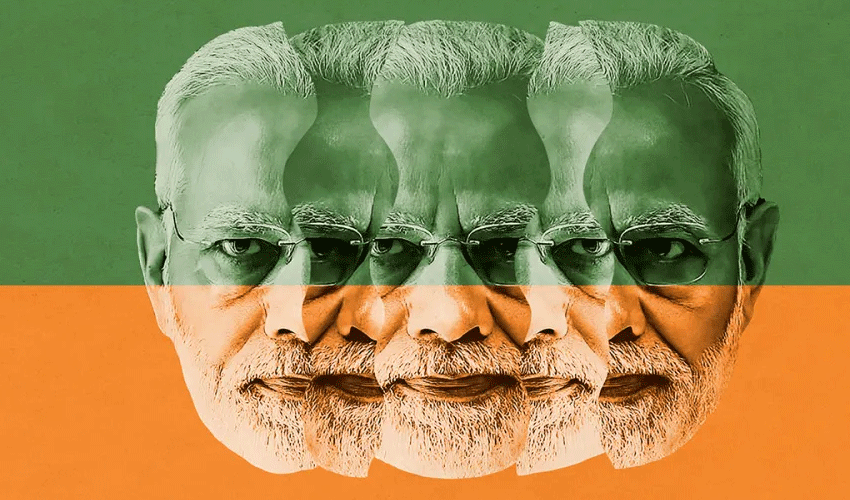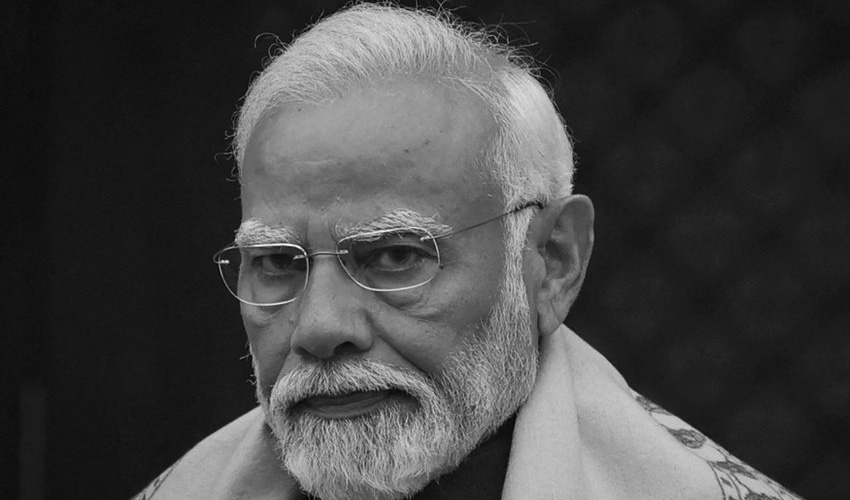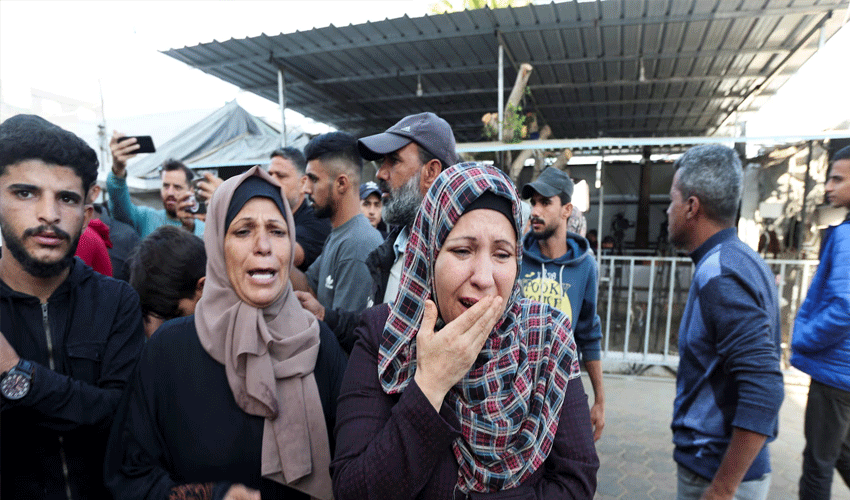India's neighboring countries are expressing discontent as tensions escalate under the Modi govt's aggressive foreign policy approach, according to a recent BBC report.
As India gears up for elections, domestic media outlets continue to laud Modi, while international scrutiny reveals the darker aspects of his administration's handling of external relations.
BBC's investigation highlights a significant deterioration in India's ties with its neighbors. The Modi government's efforts to assert influence in the region have been met with strong resistance from smaller neighboring nations.
In Bangladesh, the "Boycott India" movement is gaining traction, fueled by growing public resentment. Meanwhile, the Ladakh dispute with China adds further strain to regional dynamics.
Relations with Pakistan remain fraught, while even traditionally friendly nations like Maldives, Sri Lanka, and Bangladesh are now experiencing tensions with India.
The Maldives, in particular, has seen a surge in the "India Out" campaign, with President Muhammad Moeez asserting that no Indian soldiers will be allowed on Maldivian soil.
Furthermore, the Modi govt's decision to question past agreements, such as the gifting of Kachathuru island to Sri Lanka by former Prime Minister Indira Gandhi, has exacerbated regional tensions.
Political analysts, including Ghazala Wahab, criticize the Modi govt's aggressive stance, noting that it has rendered India irrelevant in the eyes of Western nations.
There is a growing sentiment among Indian citizens that the govt's focus on prolonging conflicts with neighboring countries is driven by electoral considerations, with the aim of appeasing extremist factions.
Critics accuse the Modi administration of weaponizing neighboring countries for political gain, leading to a weakening of India's foreign policy foundation.




























